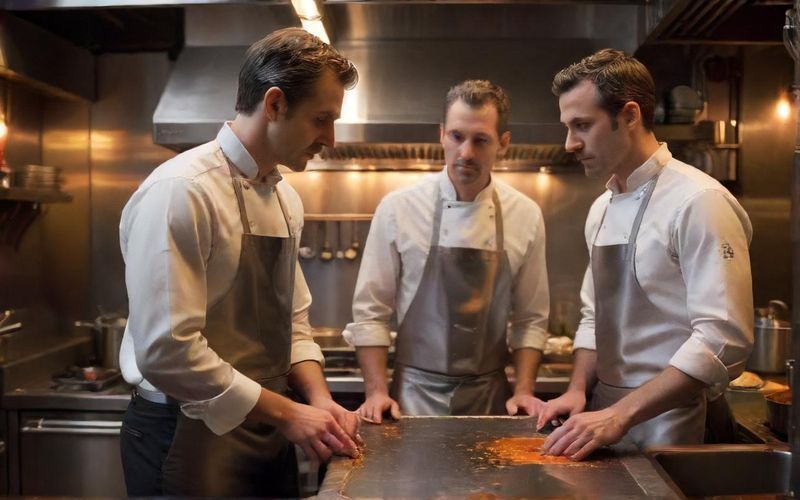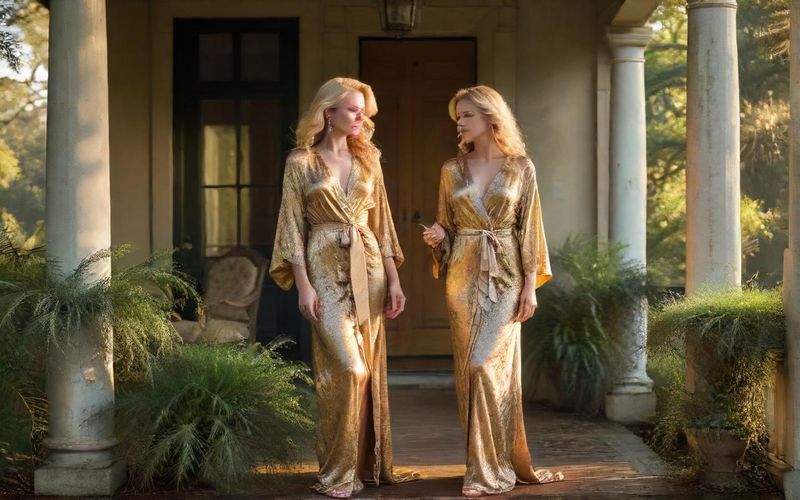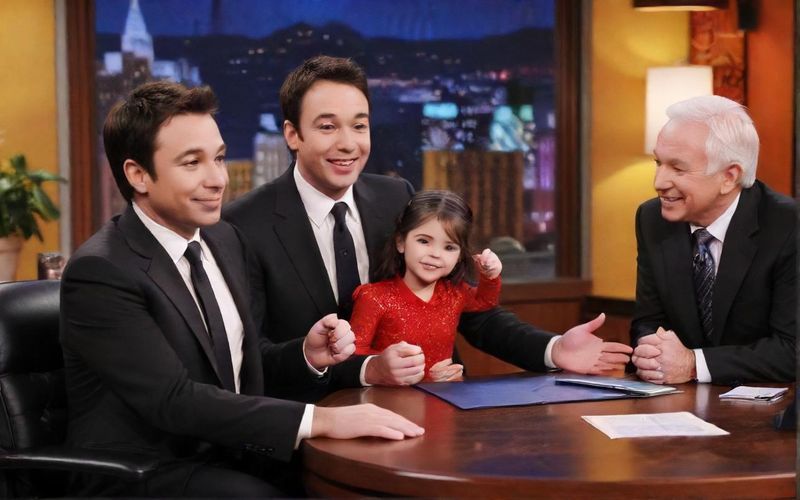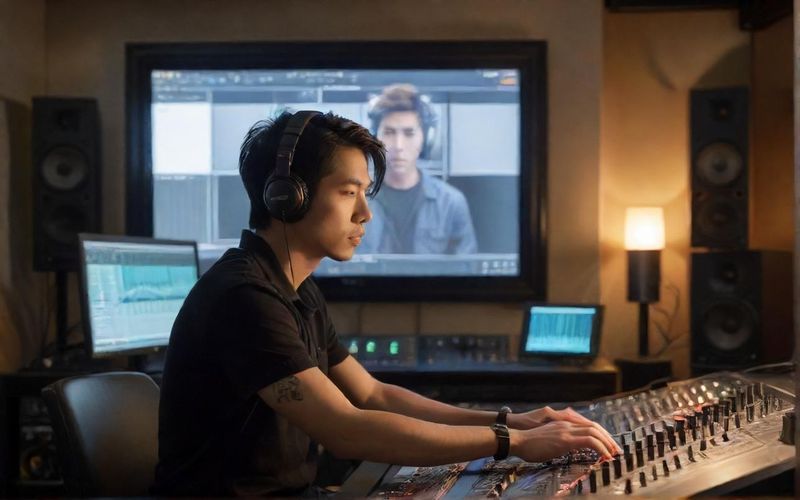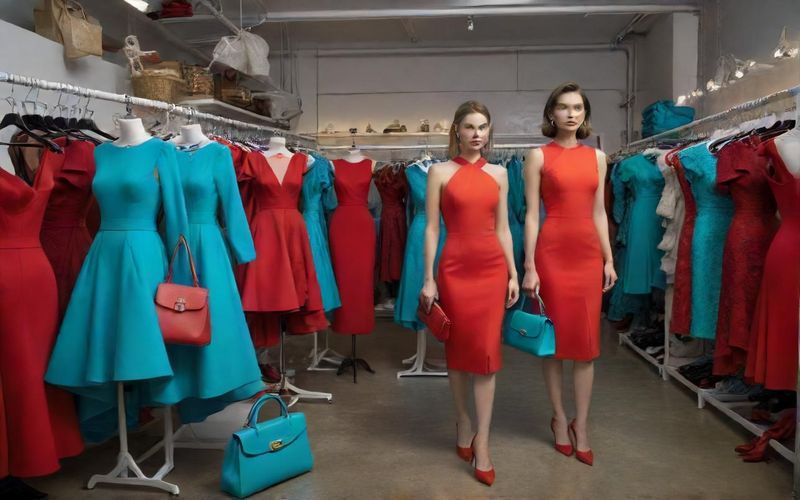King Princess: Fame's Grip & Girl Violence's Truth
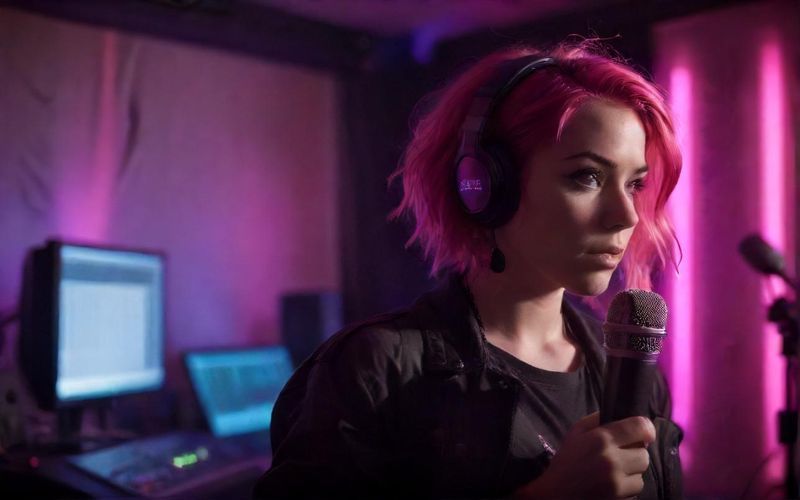
But what strikes me most about King Princess's journey, particularly with her latest album, Girl Violence, is her deliberate pivot towards authenticity and artistic integrity. As reported by The New Yorker, she moved to an independent label, Section1, and discovered that the often-cited limitations of indies were, in her words, "complete bullshit." Instead, she found a space that allowed her to chase her creative vision without the suffocating pressure of commercial metrics. It’s a refreshing perspective, isn't it? This idea that true artistic freedom might just be waiting outside the major label machine, fostering innovation rather than just trying to replicate past successes.
Girl Violence itself feels like a deeply personal excavation. Strauss dives headfirst into what she calls "girl violence," a concept that, as The Sentinel points out, explores the often subliminal, emotional, and sometimes chaotic dynamics within lesbian communities. It's a bold move, tackling these complexities head-on, especially after experiencing massive fame so early. She’s not shying away from the messiness of relationships or the internal struggles, even while injecting a vibrant, often upbeat musicality. It’s this blend of vulnerability and a resilient, almost defiant spirit that makes her so compelling.
What's particularly humanizing is her honesty about the process. After a period of feeling disconnected from her music, partly due to external pressures, an unexpected detour into acting on Nine Perfect Strangers helped reignite her passion. As she explained, acting taught her to be "silly and less precious," a valuable lesson that clearly filtered back into her songwriting. It’s a beautiful reminder that growth often comes from unexpected places, pushing us to relinquish control and embrace the imperfect beauty of creation.
So, as King Princess continues to evolve, embracing her artistry on her own terms, it makes you wonder: in a world that often demands instant gratification and predictable outcomes, how many other artists are quietly carving out their own paths, prioritizing the marathon over the sprint?

